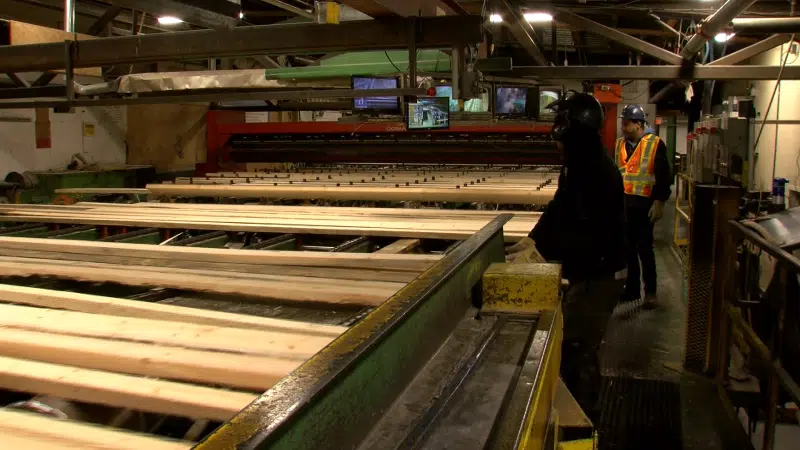
B.C. Forest Minister confident appeal process on recent WTO ruling will be successful
KAMLOOPS — The B.C. Forest Minister says the province is pushing back against a World Trade Organization ruling last month in favour of the American government using a long-outlawed practice of ‘zeroing’ to calculate anti-dumping tariffs, which affects about more than $5.5 billion worth of Canadian exports.
The provincial and federal governments have appealed the ruling, and Forest Minister Doug Donaldson, speaking in Kamloops on Friday, said he is confident both parties can prove they don’t financially aid forestry companies in the sale of lumber to the U.S.


